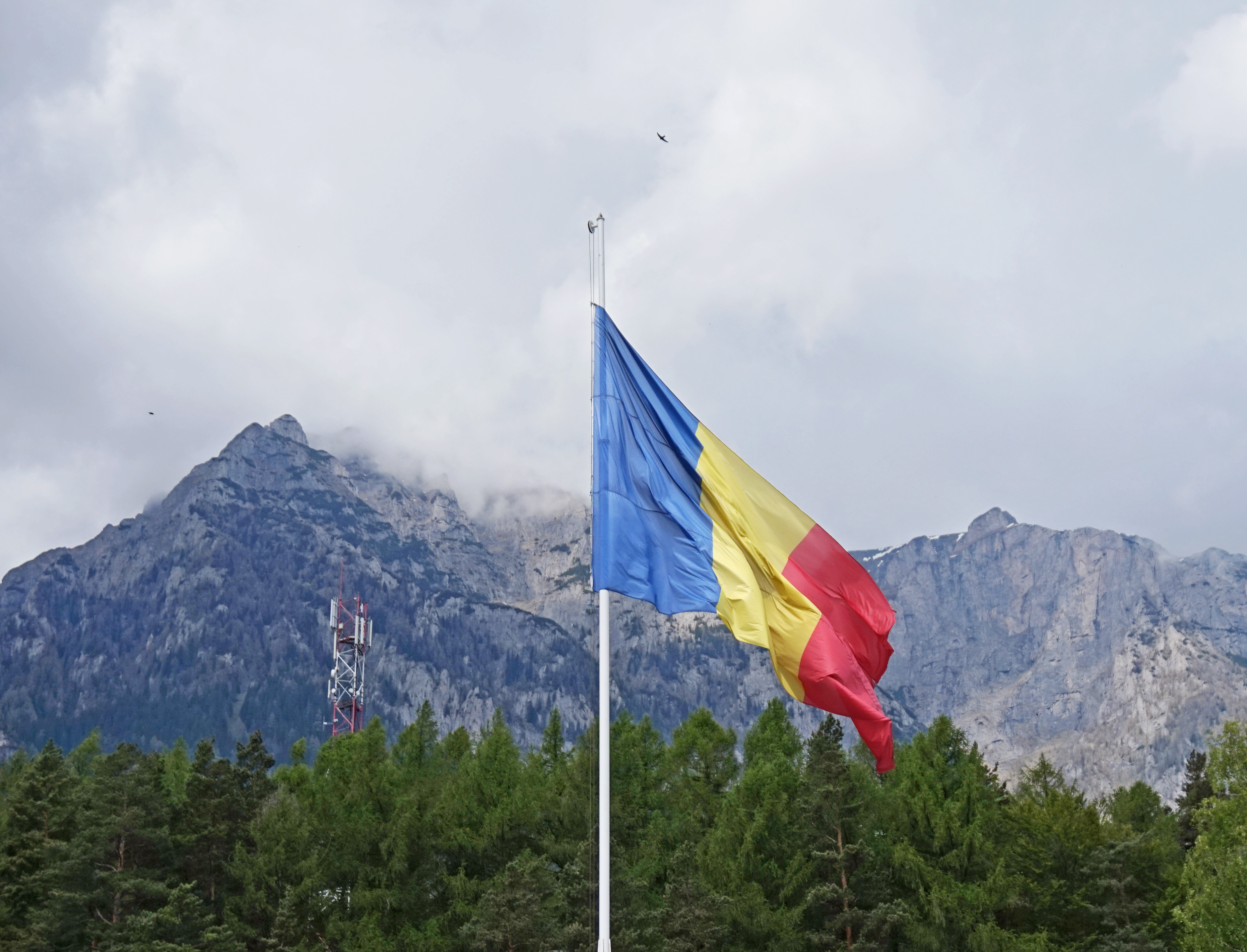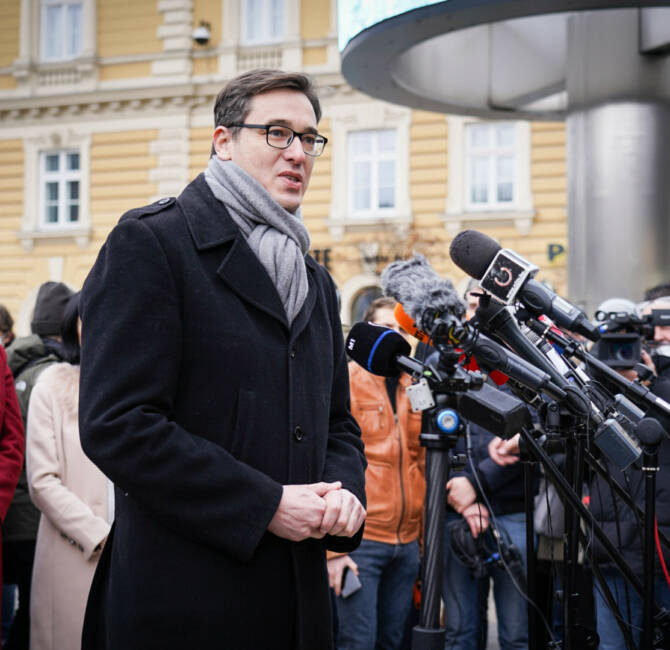Poland – The four defence ministers of the Visegrád Group countries – Tibor Benkő (Hungary), Mariusz Błaszczak (Poland), Jaroslav Nad (Slovakia) and Jan Havránek (Czechia) – met for a regional summit on Sunday, 20-21 June, in Gdynia (near Gdańsk), where the Polish navy has its headquarters. They spent the following day in the Hanseatic city of Elbląg, not far from the Vistula lagoon (in north-east Poland), which is also the headquarters of the Multinational Division Northeast.
“Stabilising and strengthening cooperation between our countries“
The four ministers reaffirmed their governments’ commitment to the defence of the interests of the European Union and NATO.
“We are aware of the threats to our entire community, to the European Union and to NATO. We agree that the 360-degree strategy is a point on which we have a common vision“,
Polish minister Mariusz Błaszczak said, while his Hungarian colleague Tibor Benkő emphasised cooperation with the alliance’s Western partners, adding: “We want to stabilise and strengthen cooperation between our countries, but we are also talking about Germany, France, the UK and the US. We would like to win their support and establish cooperation with other countries in the southern region.” He also recalled in passing that “in the difficult situation of the pandemic, the Polish presidency of the V4 group of countries passed the test and was very much appreciated”, as Hungary is just about to take over the presidency of the V4 from 1 July.
“In this region of Europe, we have threats from two sides: from the east, affecting Poland, the Baltic States and Slovakia, and from the south, affecting Hungary. Peace, security and stability in the Western Balkans are extremely important to us,”
he continued.
“Unity, solidarity and coherence among the allies in the face of new security challenges”
Czech Minister Jan Havránek emphasised the challenges ahead: “The Polish Presidency has shown the unity and strength of our region at this difficult time […] This is the first meeting of the Visegrád Group ministers after the very important NATO summit last week.
This summit showed the unity, solidarity and coherence between the allies in the face of new security challenges. This solidarity and coherence was also present at today’s meeting […] Our countries are in regular contact and we want to continue and develop our cooperation.
We are planning another joint battle group for 2023 and we are also ready to open it up to soldiers from other states. We are also looking for new forms of partnership. My colleagues and I have signed a letter of intent for cooperation in the field of strategic communication, which is very important in an era of disinformation and hybrid threats.”
“We must be ready for all alternatives”
That concern is shared by his Slovakian counterpart Jaroslav Nad: “We have experienced forced border changes in Europe, a military conflict in a neighbouring country, a huge pandemic, hybrid threats, a lot of disinformation.”
The world is unpredictable and that’s why we have armed forces here. The armed forces have shown how important they are to our citizens. When we talk about the military, strategic plans are important. We have to be ready for all alternatives.
[…] We have common views, we have concerns, we see challenges and we look for common solutions. This is very important. In many situations where we don’t have common views, we understand each other and we talk.”




